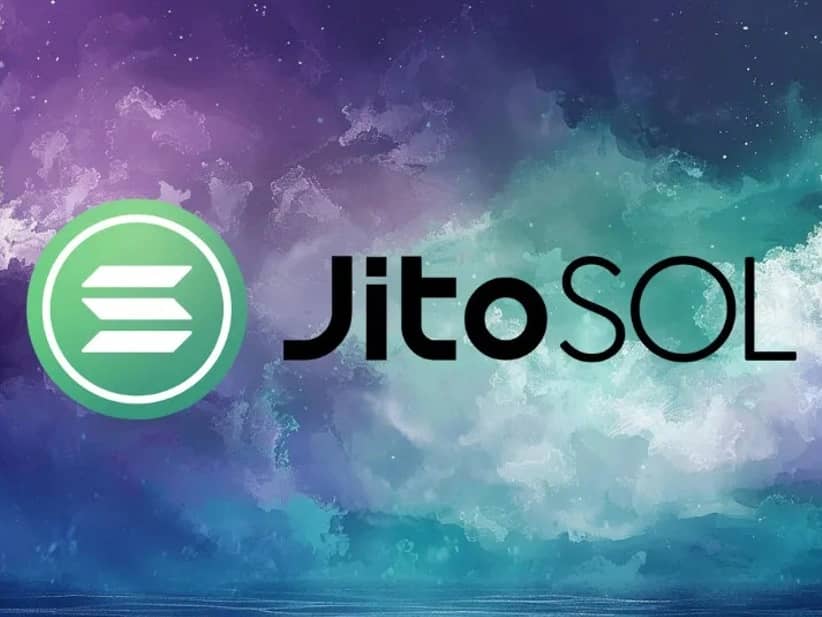Subscribe to wiki
Share wiki
Bookmark
Jito Staked SOL (JitoSOL)
The Agent Tokenization Platform (ATP):Build autonomous agents with the Agent Development Kit (ADK)
0%
Jito Staked SOL (JitoSOL)
JitoSOL is a Solana liquid staking derivative from Jito Network that allows users to exchange their SOL for JitoSOL while maintaining liquidity and DeFi opportunities while earning staking yield. [1]
Overview
JitoSOL is a liquid staking derivative on the Solana blockchain that allows users to exchange their SOL for JitoSOL, maintaining liquidity and DeFi opportunities while earning staking yield. It also offers rewards from maximum extractable value (MEV) extraction on Solana. Users can trade JitoSOL on decentralized exchanges like Jupiter or withdraw SOL via Jito’s website after a 2-3 day cooldown. The token starts with a 1:1 exchange rate with SOL, which appreciates as rewards are accrued. [2][3]
JitoSOL’s value increases over time due to a dynamic exchange rate driven by a dual reward system, including staking and MEV rewards. As JitoSOL accumulates rewards, its exchange rate with SOL rises, ensuring a higher value upon redemption. This structure guarantees yield regardless of the token’s storage method. MEV rewards are obtained through Jito’s validator client, where traders bid for MEV opportunities and provide additional returns. Though initially modest, these rewards have the potential to significantly enhance returns over time, with JitoSOL’s design mitigating risks associated with MEV trading. [2][3]
Integrations
Interview with Brian Smith (Jito Foundation)
During the TOKEN2049 event in Dubai, Brian Smith, Executive Director of the Jito Foundation, gave an interview to the portal BeInCrypto. The conversation focused on technical aspects related to liquid staking, restaking mechanisms, and maximal extractable value (MEV) within the Solana ecosystem.
According to Smith, JitoSOL — the liquid staking token developed by the foundation — holds approximately 17.5 million SOL in total value locked (TVL), placing it among the most utilized tokens of its kind on the Solana network. Governance of JitoSOL is managed through a decentralized autonomous organization (DAO), which includes participation from industry entities such as Coinbase and Pantera Capital.
Smith also elaborated on the foundation's approach to restaking. This model allows previously staked assets to be reused in support of new decentralized applications or security layers, without requiring additional token issuance. The method is intended to increase capital efficiency by extending the utility of staked assets across multiple functions within the DeFi environment.
The interview also addressed Jito’s involvement in MEV-related infrastructure. Smith referenced the TipRouter, a mechanism designed to redistribute priority fees and tips among validators in a more decentralized manner. He also mentioned the decision by Jito Labs to discontinue its private mempool, aimed at reducing risks associated with practices such as transaction front-running.
The discussion outlined key structural and operational elements of the Jito Foundation’s role in Solana, emphasizing its focus on community governance, institutional integration, and technical development directed toward efficiency and network transparency. [5]
See something wrong?
The Agent Tokenization Platform (ATP):Build autonomous agents with the Agent Development Kit (ADK)
